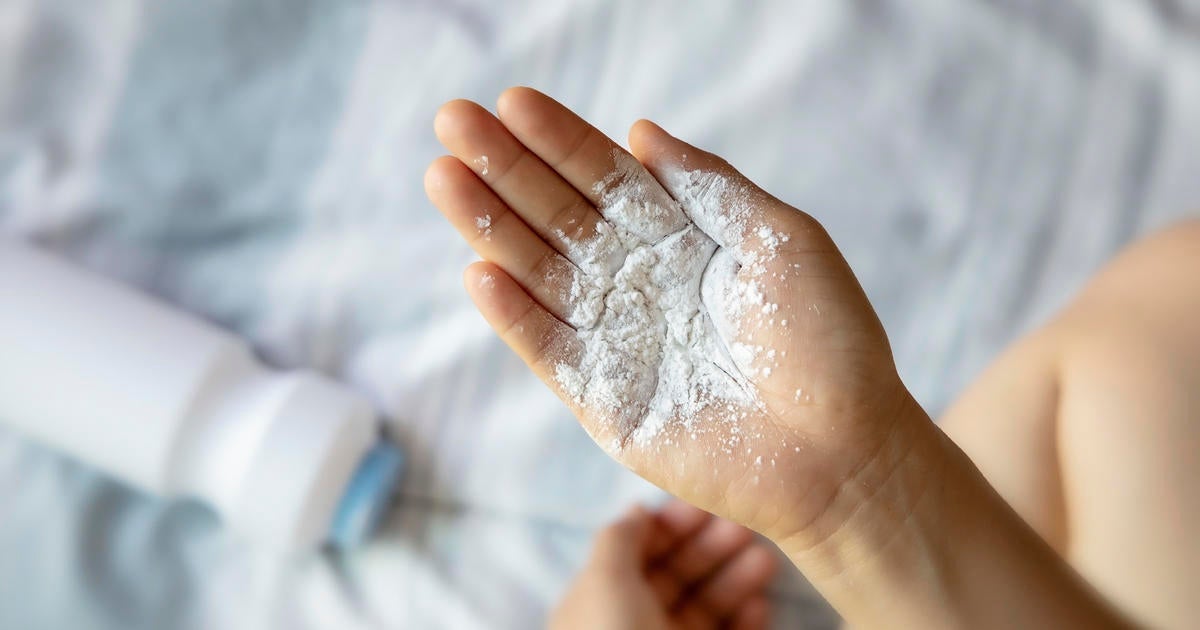Is Your Baby Powder Safe? FDA Cracks Down on Asbestos in Talc Products
Are you concerned about the safety of your baby powder? You should be. Recent revelations about asbestos contamination in talc-based products have sent shockwaves through the industry, leading to investigations, lawsuits, and even recalls. But what exactly is the risk, and what can you do to protect your family?
The Dangers of Asbestos Contamination in Talc
Asbestos is a known human carcinogen, meaning it can cause cancer. This dangerous mineral often exists in the same geological formations as talc, leading to the possibility of cross-contamination during mining and processing. Even trace amounts of asbestos in talc-based products like baby powder pose a significant health risk. The risk is especially pronounced with prolonged exposure, making products frequently applied to sensitive areas of the body, like those for babies and cosmetics, a potential danger.
Identifying Contaminated Products
Identifying contaminated products isn't easy; asbestos is invisible to the naked eye. That's why the FDA's new proposal, mandated by Congress, is crucial. The proposal mandates rigorous testing of talc-based cosmetics and baby powder to ensure these everyday products don't contain this dangerous substance.
The FDA's proposed testing methods include high-tech techniques like polarized light microscopy and transmission electron microscopy. These advanced techniques help detect even microscopic amounts of asbestos. This proactive stance aims to minimize consumer risk. However, there is also an alternative method companies may use, which relies on supplier certificates. This second approach does raise the issue of verifying the accuracy and consistency of these certificates from the manufacturers, meaning that more robust testing still seems necessary to confirm the products' true safety for consumers.
FDA's Response and Industry Reaction
The FDA's proposed rule is a significant step towards consumer protection. It requires manufacturers to conduct thorough asbestos testing, ensuring that products deemed safe are actually safe. This action follows a long history of litigation against major manufacturers like Johnson & Johnson, and other brands who previously used talc in their products.
The Johnson & Johnson Case
Johnson & Johnson, a prominent name in the baby powder industry, faced extensive lawsuits alleging its talc-based products caused ovarian cancer. This resulted in a considerable settlement of $700 million and more importantly, it finally led to the removal of talc-based powders from the market in North America, followed by the rest of the world. These costly legal proceedings underscore the severe consequences of asbestos contamination and the critical need for enhanced safety measures in talc-based products.
Even with the company stating that its products are safe, consumers have serious reasons for skepticism, given the payouts required to cover previous settlements. While such actions have helped protect victims in the past, ongoing action on the regulatory side is a must for protection against further harms to the public from similar negligence.
Recalls and Ongoing Issues
The issues of asbestos in talc aren't just limited to one brand. Recalls by Claire's Stores, which included the recalling of multiple products from both their own and other companies' cosmetics products lines, and Dynarex—affecting Dynarex's Dynacare baby powder—demonstrate the widespread problem, and underline the FDA's reasoning in supporting and mandating these safety precautions. Such products had to be taken off of the shelves after being identified to contain this hazardous mineral. The wide reach of these products illustrates the systemic challenges and the necessity of extensive regulatory change.
Choosing Safe Products: What You Can Do
It is essential for consumers to choose talc-free products, or at the very least to ensure products you use have passed regulatory testing protocols. Given recent controversies, and despite company assurances that certain products are free of harmful contaminants, exercising this precaution should be taken for granted by every consumer. When selecting baby powder, other cosmetics, and all other products, look for products with reliable certifications of analysis, testing information for consumers, or clearly stating 'talc-free'. Don't rely on brand assurances alone. Informed consumer choices are still necessary even with this regulatory change by the FDA.
Take Away Points
- Asbestos in talc-based products is a serious health concern.
- The FDA's new regulations are a crucial step in protecting consumers.
- Manufacturers must take responsibility for ensuring the safety of their products.
- Consumers should remain vigilant and choose products from trusted brands that are transparent about their testing procedures.




